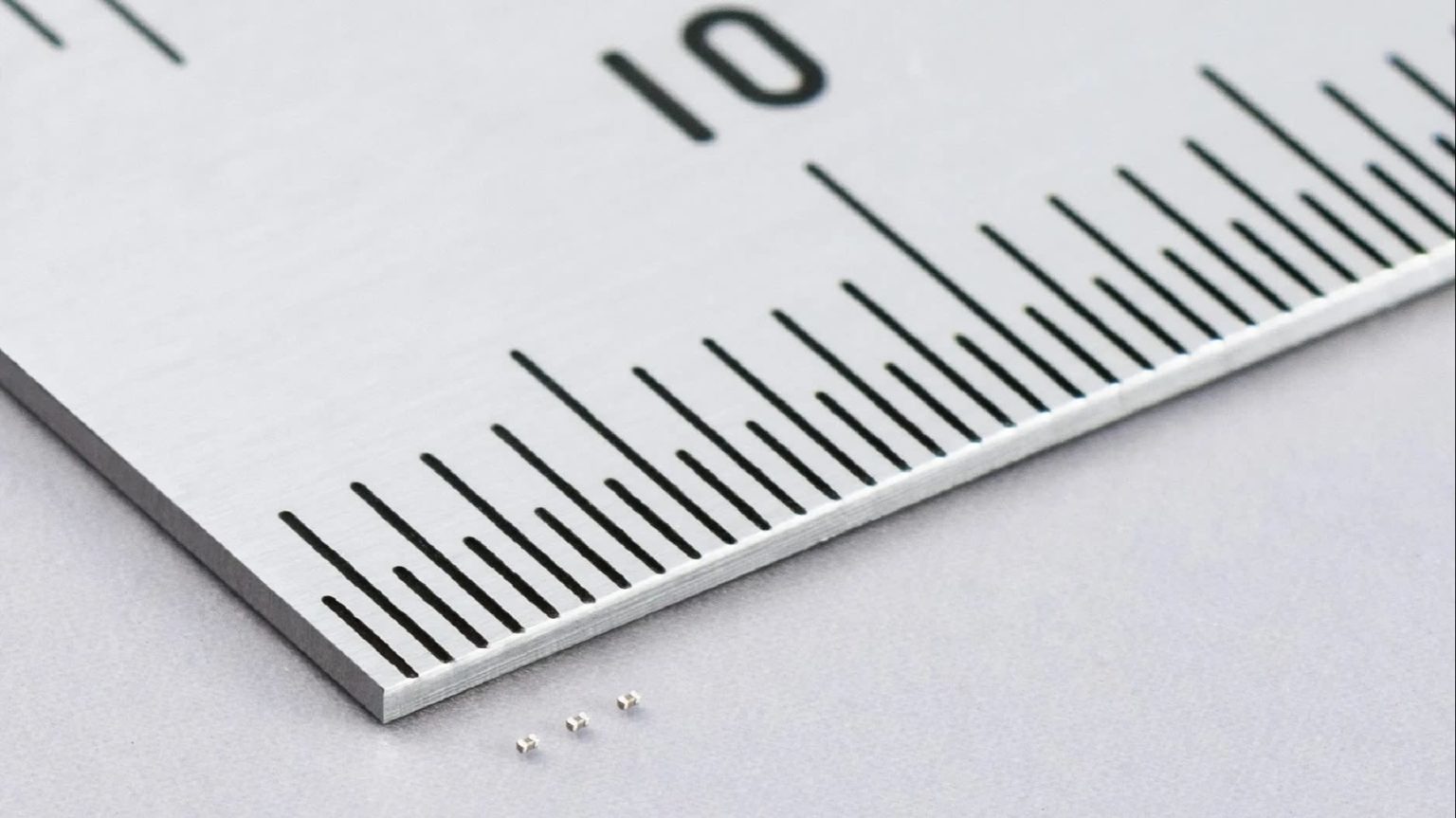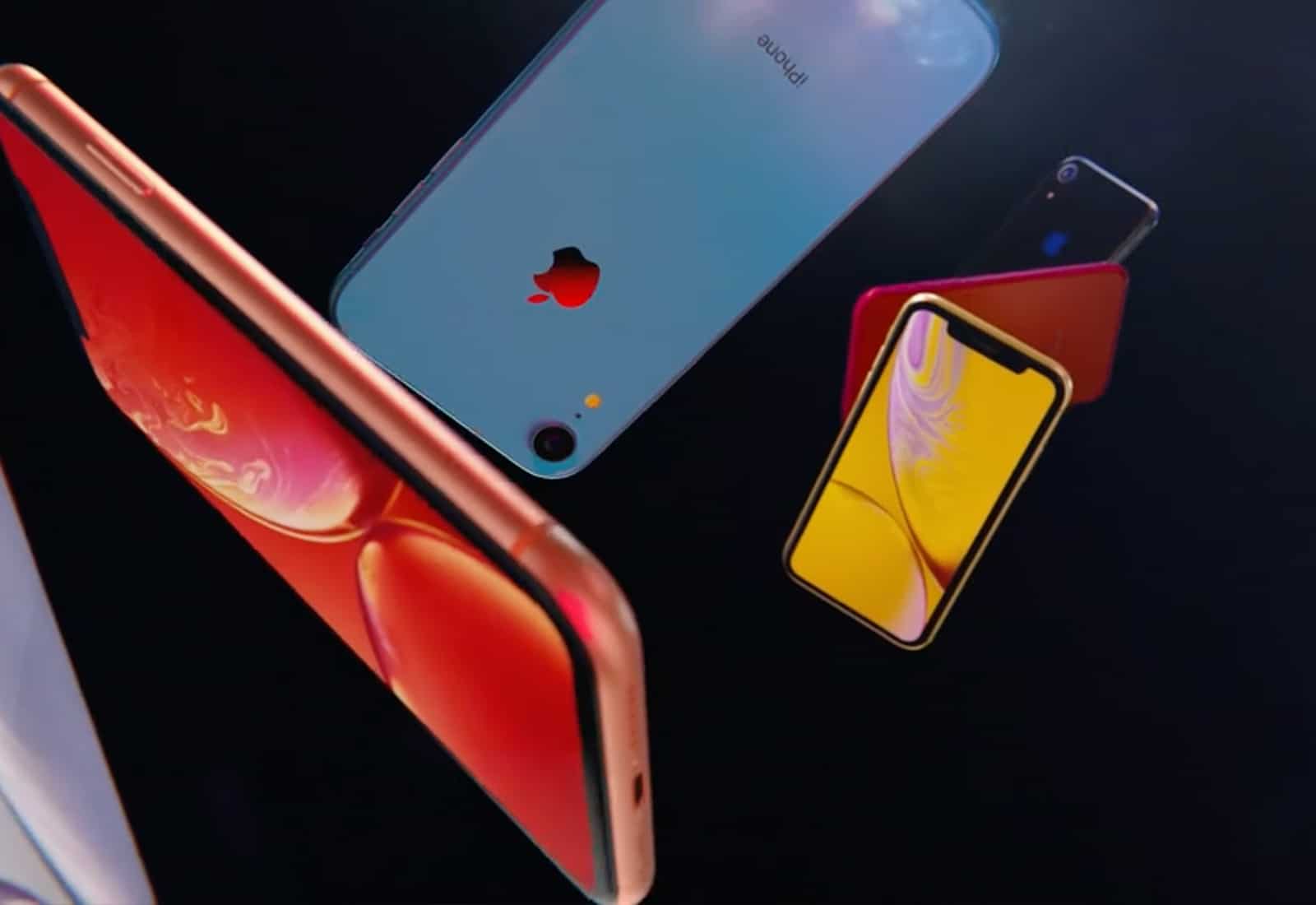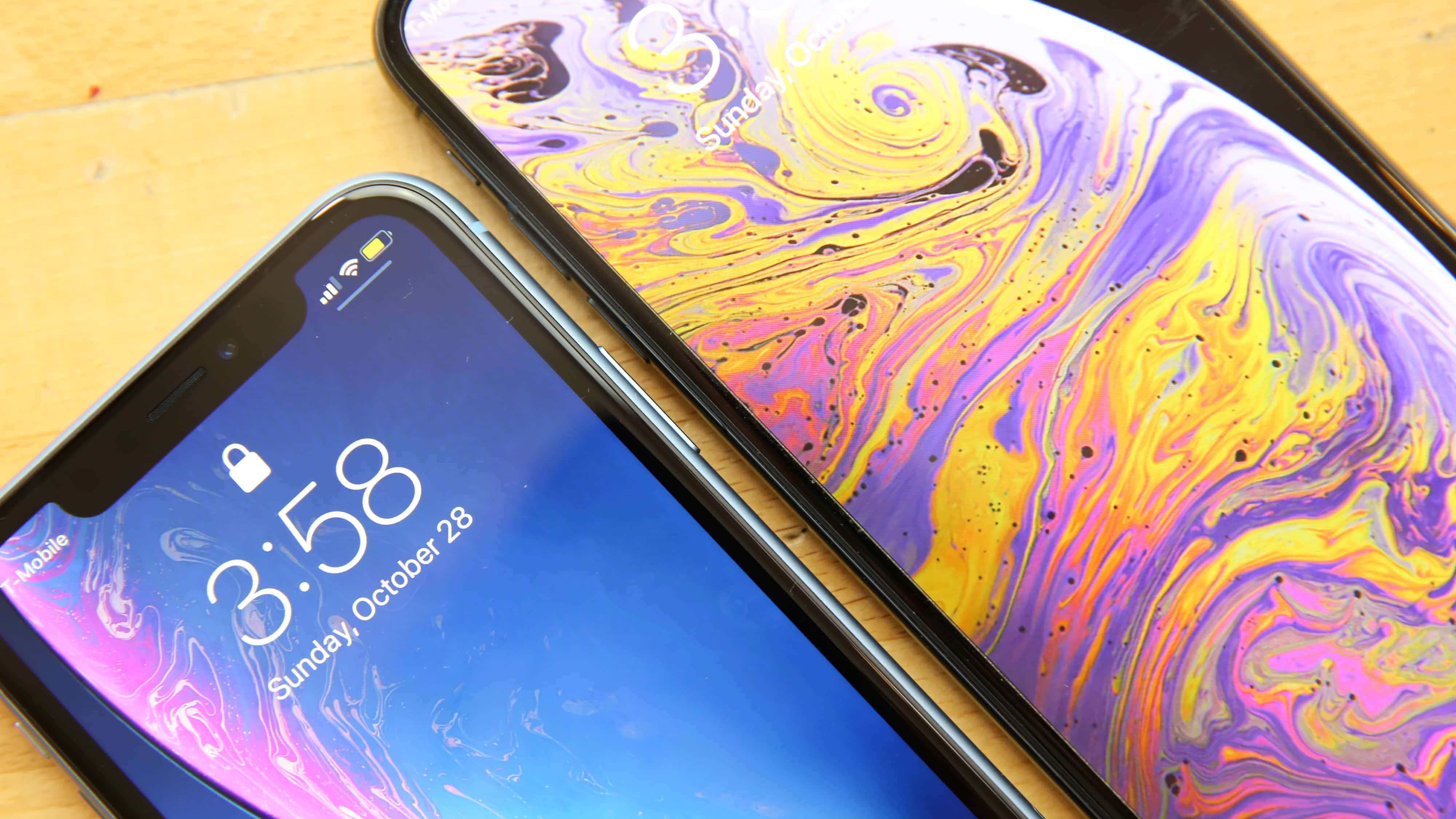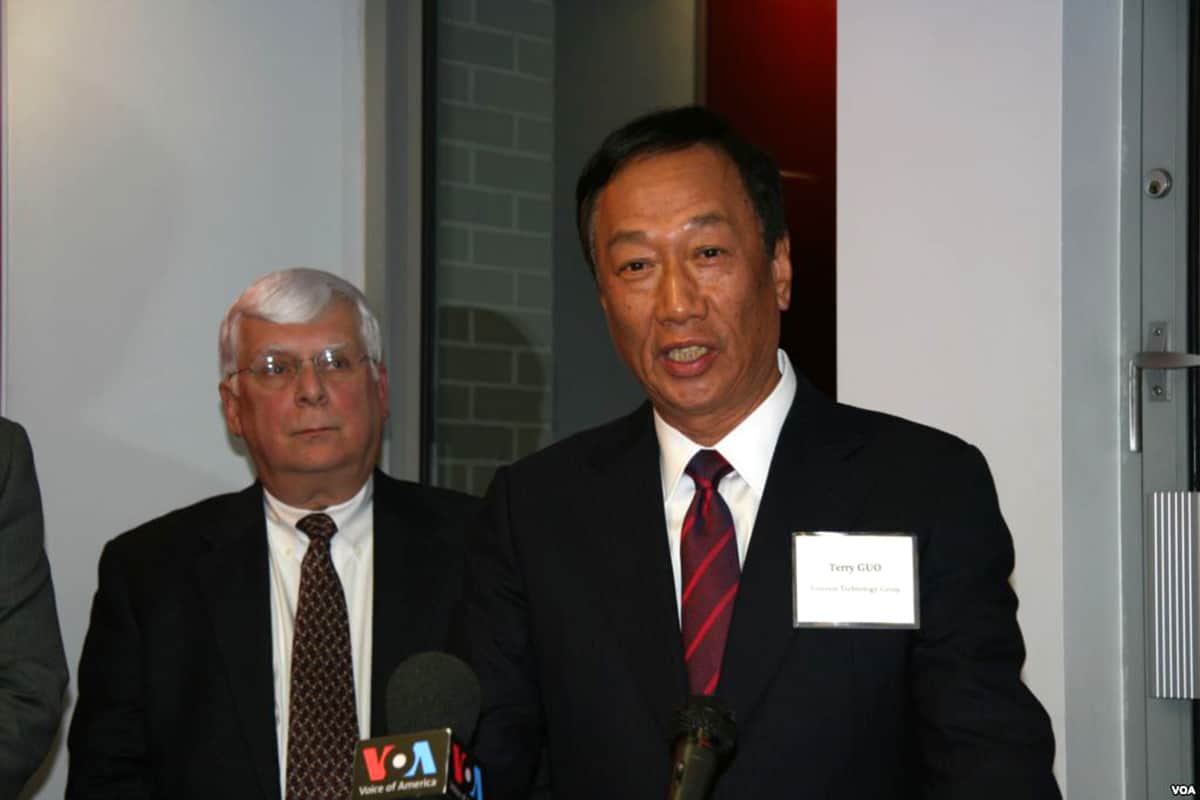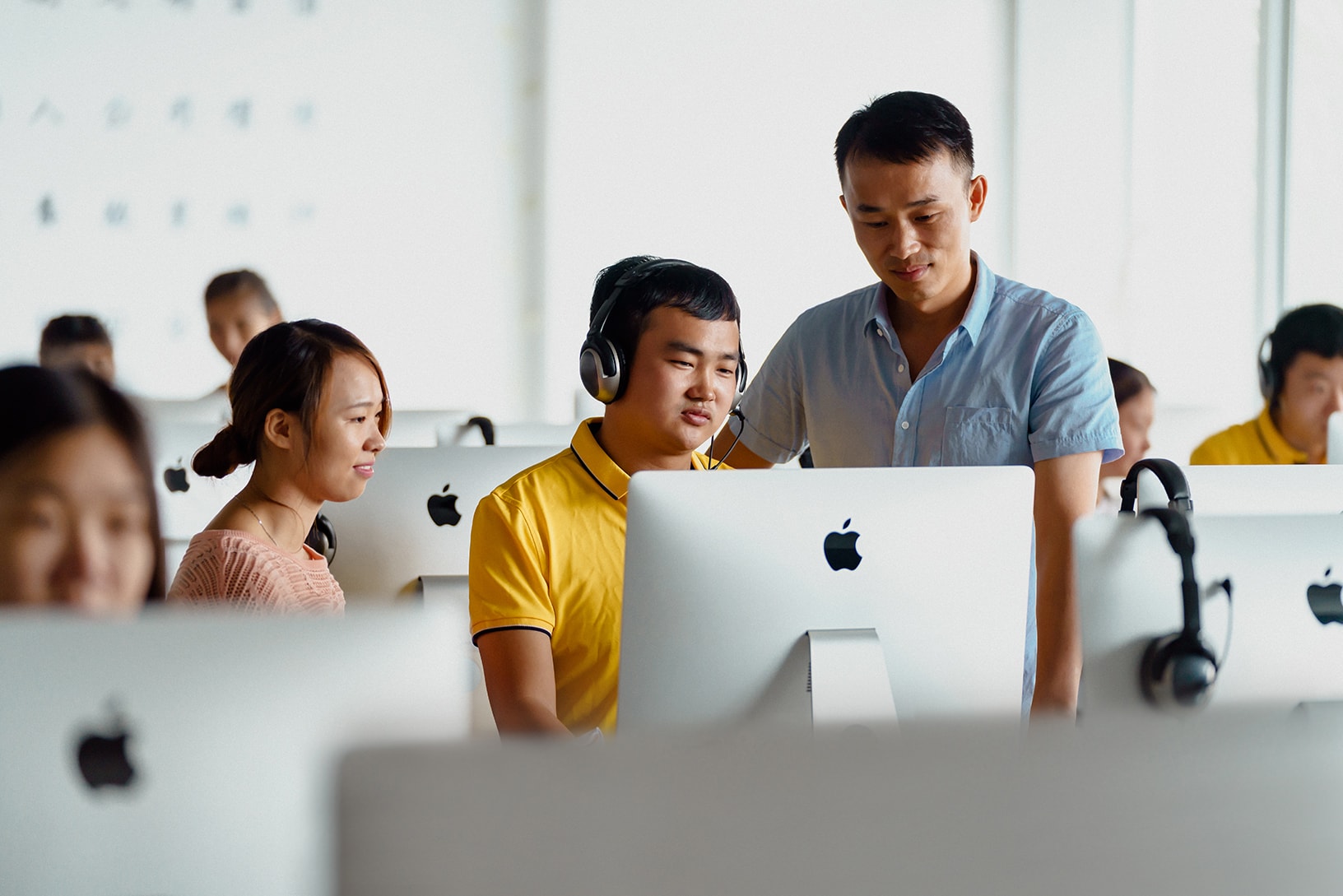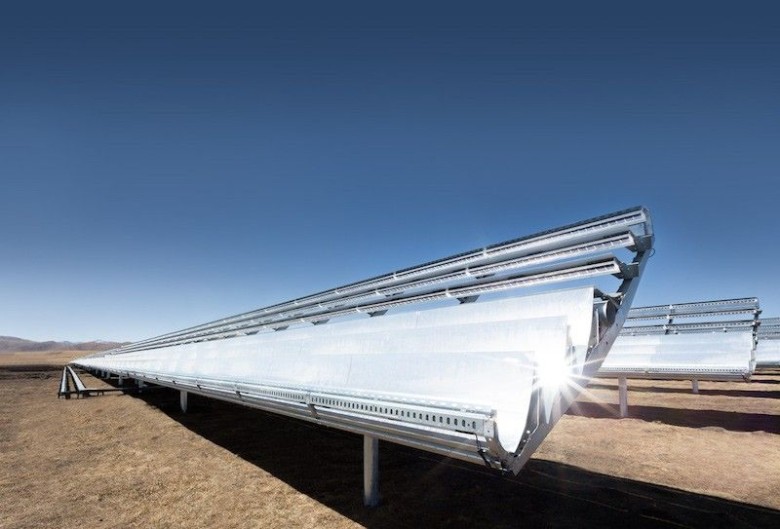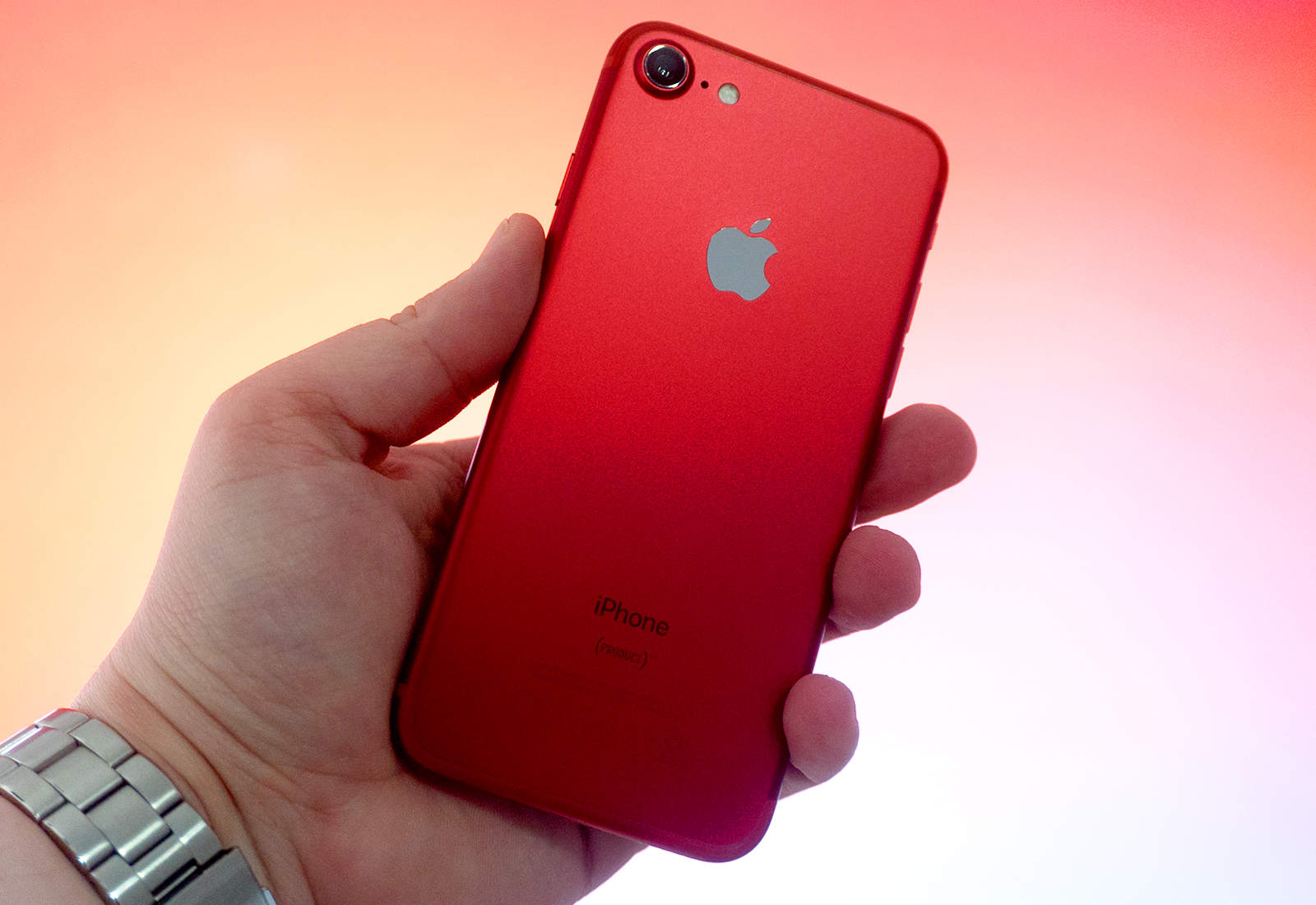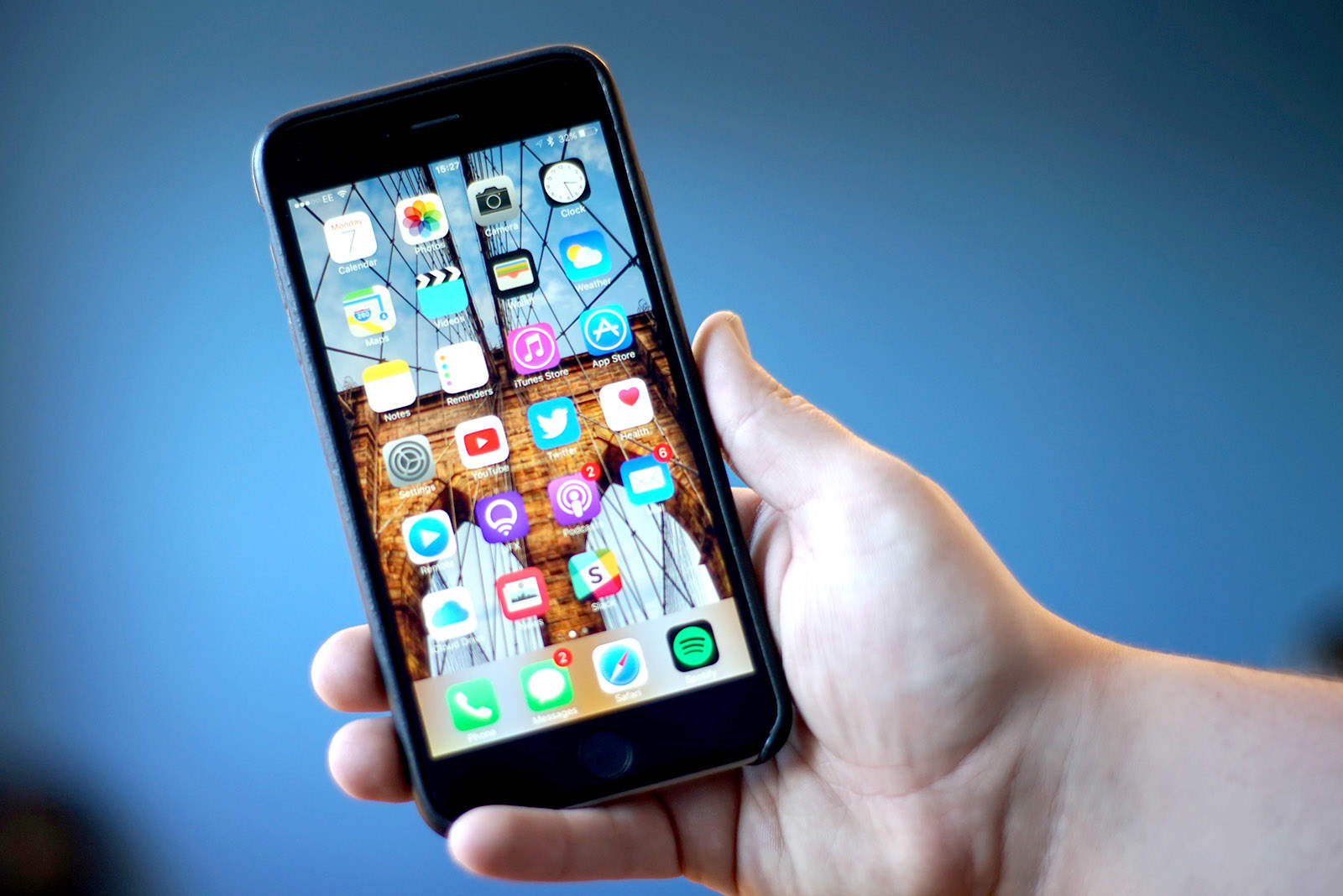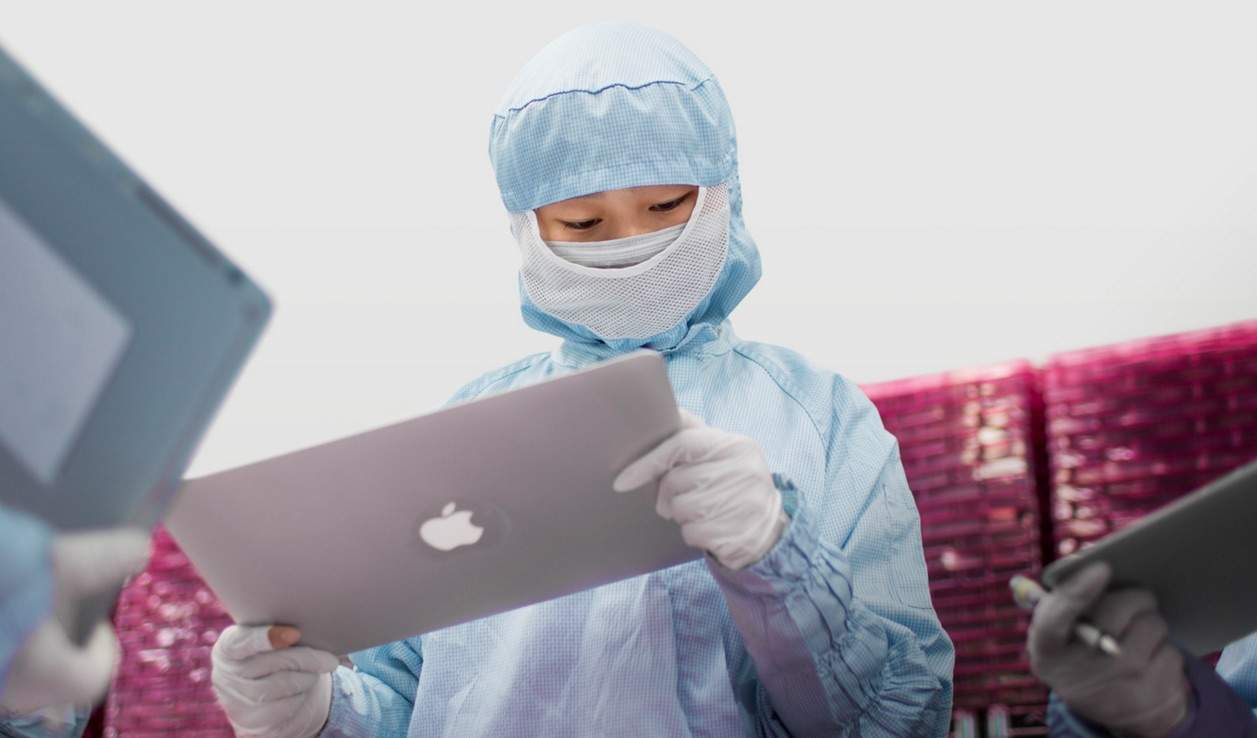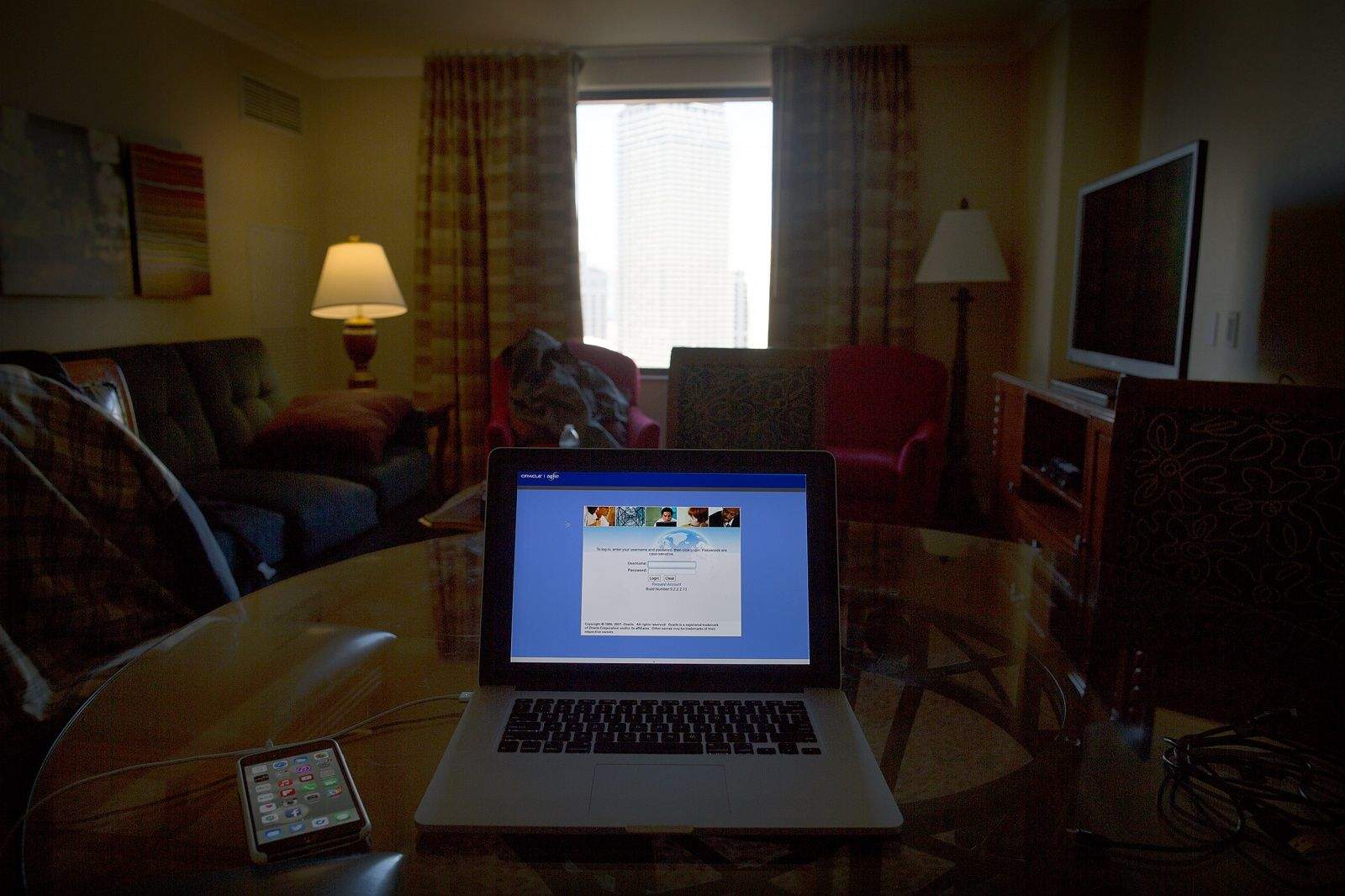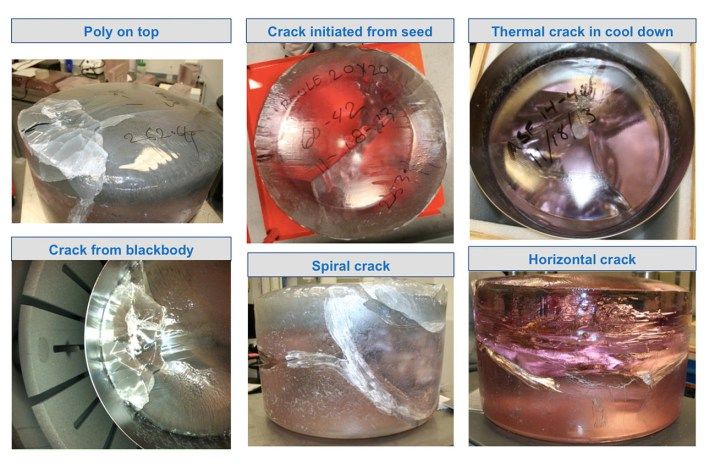Apple said Wednesday it has tripled its use of clean energy since 2020, among other benchmarks of progress toward its goal to reach carbon neutrality across its supply chain by 2030. And on Thursday, the iPhone giant released its full 2024 Environmental Progress Report.
“Clean energy and water are foundational to healthy communities and essential building blocks for a responsible business,” said Lisa Jackson, Apple’s vice president of Environment, Policy and Social Initiatives.
“We’re racing toward our ambitious Apple 2030 climate goal while taking on the long-term work to transform electrical grids and restore watersheds to build a cleaner future for all.”
UPDATE: Ahead of Earth Day on April 22, on Thursday Apple released its much more detailed 2024 Environmental Progress Report, laying out its progress on environmental initiatives related to Apple 2030. For example, the iPhone giant said its greenhouse gas emissions are down 55% since 2015.
![Apple triples clean energy use since 2020 [Updated] Apple clean energy use and fresh water savings](https://www.cultofmac.com/wp-content/uploads/2024/04/Apple-global-clean-energy-and-water-Northern-California-wetlands-restoration-1536x1151.jpg)
